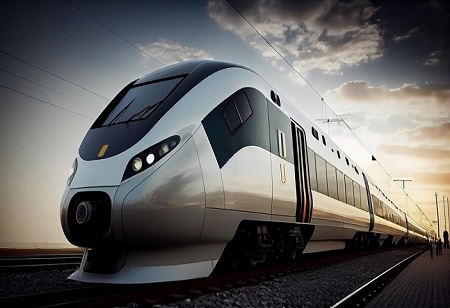
U.S. and Japan support Texas High-Speed Rail

 The governments of the United States and Japan have indicated their support for a groundbreaking initiative to establish the first high-speed rail system in the U.S., utilizing Japanese bullet train technology. President Joe Biden aims to reignite interest in the project, which would connect the Texan cities of Dallas and Houston and is expected to discuss it during Prime Minister Fumio Kishida's official visit to Washington.
The governments of the United States and Japan have indicated their support for a groundbreaking initiative to establish the first high-speed rail system in the U.S., utilizing Japanese bullet train technology. President Joe Biden aims to reignite interest in the project, which would connect the Texan cities of Dallas and Houston and is expected to discuss it during Prime Minister Fumio Kishida's official visit to Washington.
Outlined in a White House fact sheet following the bilateral discussions, both the U.S. Department of Transportation and Japan's Ministry of Land, Infrastructure, Transport and Tourism have expressed enthusiasm for Amtrak's leadership in the Texas Central High-Speed Rail Project, incorporating Shinkansen advancements. Successful project development and meeting other stipulations could pave the way for potential future funding and financing avenues.
Although proponents of the project, with an estimated price tag of $25 to $30 billion, anticipate that political backing will attract new public and private investments, there remain potential obstacles in both Texas and the U.S. Congress. The proposed 240-mile rail link, to be constructed and managed by Texas Central Partners and Amtrak, promises to significantly reduce travel time between the two cities to approximately 90 minutes, compared to the current three-and-a-half-hour car journey.
Japanese state lenders, including the Japan Bank for International Cooperation, have extended loans to support the project's development, with plans to procure bullet train technology from Central Japan Railway. Progress on this initiative would align with the Biden administration's emphasis on environmentally friendly policies and rail infrastructure investment. However, opposition from local groups regarding land use and other concerns persists, particularly drawing criticism from conservative Republican lawmakers in the U.S. House of Representatives who have historically opposed public funding for rail ventures.

